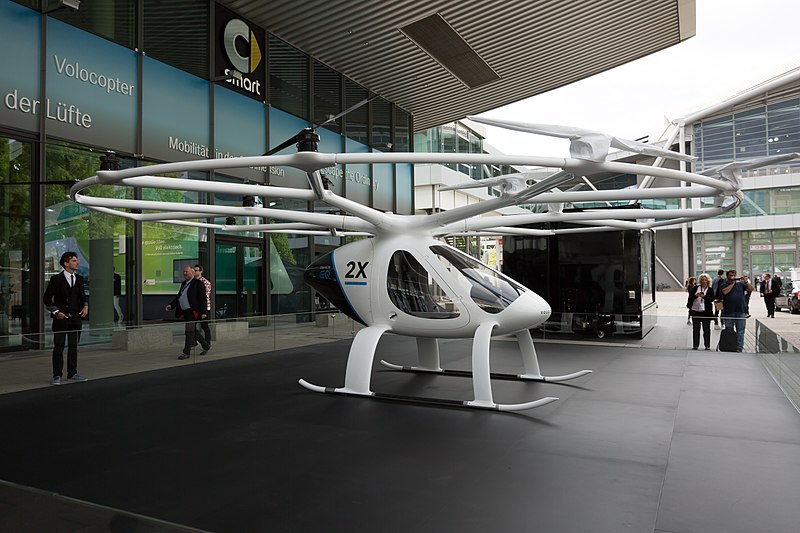Unveiling the Architectural Prowess of Army Ants
Researchers from the New Jersey Institute of Technology have investigated army ant behavior, unveiling their remarkable architectural skills. These small creatures, commonly found in Central and South America, have developed collective intelligence. This enables them to construct bridges using their bodies, creating a living, crawling structure.
Efficient Predators with Impressive Architectural Abilities
These ants are formidable predators, known to consume various insects and occasionally even frogs, lizards, and birds. What sets them apart is their impressive architectural ability.
Isabella Muratore at the New Jersey Institute of Technology has been studying how army ants construct bridges by interconnecting their bodies, providing potential insights for controlling swarms of robots.
Muratore’s research, presented at the Entomological Society of America, reveals how army ants, despite having individually small brains, collaboratively weigh the costs and benefits of building bridges for efficient foraging. This strategic assessment, though effective, temporarily diverts ants from hunting. The study aims to understand the decentralized collective intelligence behind army ant bridge-building. The team tested ant reactions to obstacles, analyzed adaptive behaviors, and assessed the bridges’ resilience to sudden changes in obstacle length.
The tests demonstrated that army ants efficiently choose bridge locations with the least number of ants. Their decision-making is a collective, decentralized process driven by the entire colony rather than individual ants.
Robot Swarms Inspired by Army Ant Collaboration
Muratore and her team envision a future where the collaborative skills of army ants inspire the programming of robot swarms. The ants’ efficient adaptation, such as building bridges over different gap lengths, could revolutionize robotics.
Researchers anticipate replicating army ants’ collective decision-making in robotic swarms for dynamic task adaptation. Scaling the ants’ brainpower across robots could enhance energy efficiency and reduce costs.







